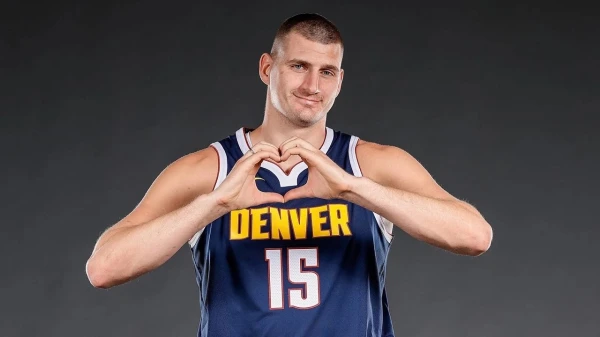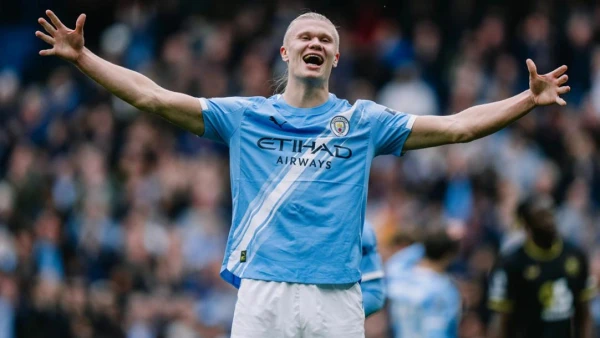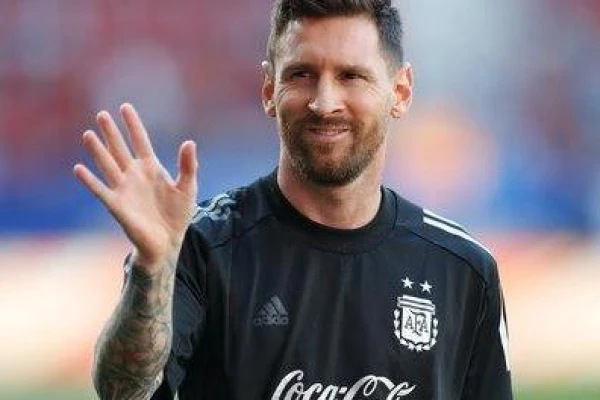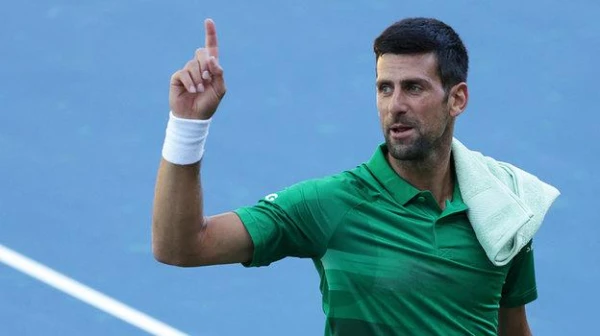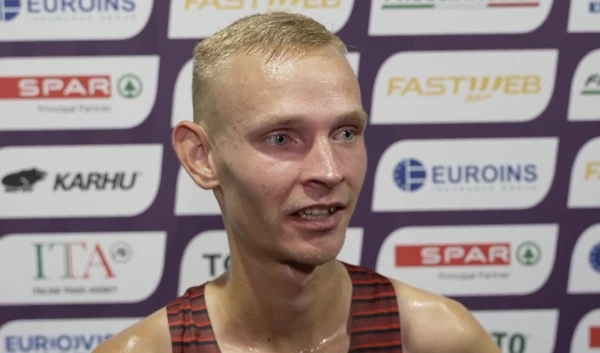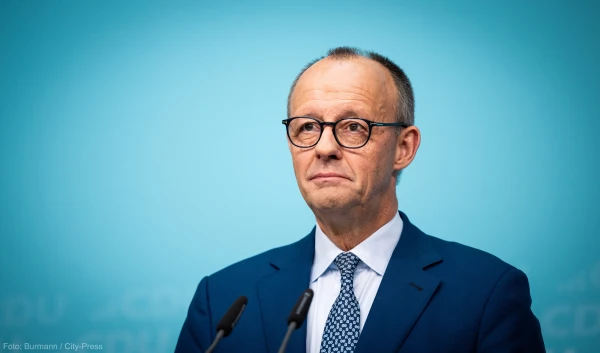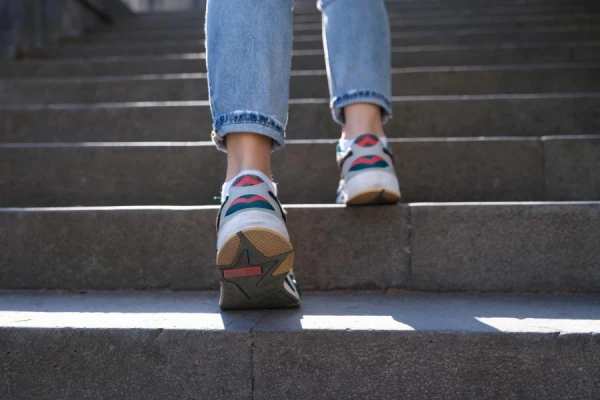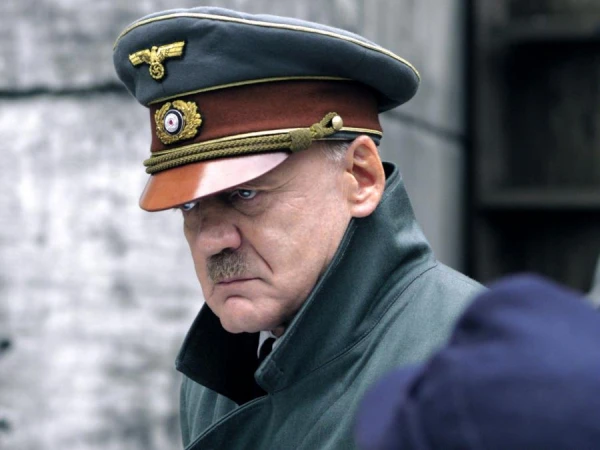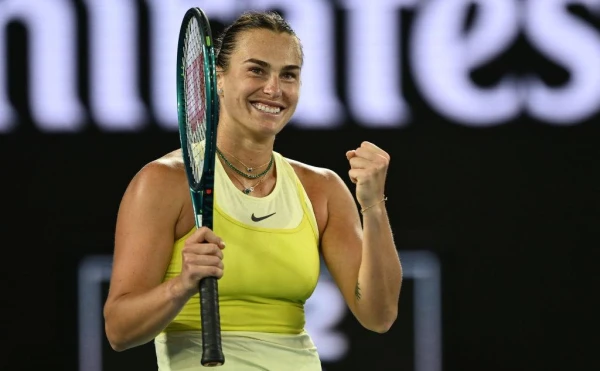
The world’s number one player Arina Sobolenko gave a lengthy interview to renowned journalist Alexander Sokolovsky. From this heart-to-heart conversation, we selected the most interesting parts.
Hates Watching Her Matches
“I don’t like watching myself on the court because I still can’t get used to myself on the court. In the moment, I don’t worry about how I look or my emotions – I just work and know what I need to do to win.
But after the match, watching myself, my expressions, listening to my words or speeches that I throw to the team – I just can’t, I feel ashamed. I can’t even listen to how I exhale. I immediately ask to turn off the sound.
So my matches are watched by a specialist who analyzes everything and sends it to my team. The team processes all of this. And I have everything fresh in my mind, I don’t need to rewatch.
Of course, for some subtle moments, I might watch. Naturally. But the team already has the full picture, they bring it to me, we discuss, agree on something, come to a consensus, and go to work.”
When She Starts to Get Frustrated on the Court
“I have a clear understanding in my head of what I am capable of. I know all my strengths. And I don’t have weaknesses (laughs). No, I know those too.
And I assess rationally that on the court I need to do this, that, and the other. And be ready for this, that, and the other.
If the match isn’t going well, I no longer have the mindset I had in my youth: that’s it, it’s over, I’m going to lose, life is over. No, I think: okay, this isn’t working, but I still have this. This isn’t working – there’s this. This isn’t working – I’m going all in.
It bothers me when I go out with the mindset: ‘I’m going to win. I’m the strongest.’ I’m more helped by the understanding of what I’ve been through, that I’m strong and can handle any moments that might go wrong. I hope for the best but prepare for the worst.
And when I go onto the court thinking that I’m going to win – that’s when all the psychoses happen.
I have a really great team; they’ve known me since childhood, they know all my emotional ups and downs, the female body. I can snap during practice, but they just don’t take it to heart, understanding that, for example, I’m not thinking straight from exhaustion.
Gave Up a Carefree Youth for Tennis
“I believe that if you’re not an athlete, you should party, have fun, and go through these crazy stories. Just to forget later, and by the age of 20, you no longer want that – and you can start building a foundation, providing for a family, setting up life.
Athletes just grow up faster. We’ve been chasing goals from a young age, we have tournaments from the age of 8, in fact.
Now I can go to Mykonos to have fun. But my fun is more sensible; I don’t need nights until morning. I enjoy sitting in a beach club with an espresso martini or tequila, eating delicious food, and going to sleep. That’s what I enjoy.
I don’t regret the wild stories I missed out on. Honestly, I wake up every day and think: God, thank you for this life.”
2022 – The Toughest Year in Life and Career
“Game problems piled on top of the situation in the world. And besides the hate that you can’t serve, hate piles on because of the situation. It was terrible. I don’t know how I didn’t drop out of the top ten or fall into depression.
I was ashamed to go out for matches. So ashamed. I thought: ‘God, people, please don’t buy tickets.’ I was ashamed of myself, it was upsetting for the team. I was a top-10 player, and the audience wanted to see tennis, a show, something cool. And they come and see someone losing their mind on the court. Plus, they’re constantly writing something about you.
Now I look at it and maybe even feel glad that I went through that. I became more open to new things – because I wasn’t afraid of losing the old. And many people – not just from tennis and not from sports – told me that I helped them be strong, go through tough situations.
I always want to help people, inspire, be a good example. Sometimes be a bad example of how not to do things.”
What She Values About Being the World’s Number One
“It’s cool sometimes when you need to book something somewhere, squeeze in somewhere. The team says: ‘Listen, this is the world’s number one.’ It sounds nice!
The second-ranked player might be left in line. But the first one gets through.”
What She Loves About Serena Williams and Maria Sharapova
“When Serena played a match and it seemed like something wasn’t going her way, her face still said: ‘You won’t get me. Not today.’ And the way she dominated the tour – that’s real strength.
Sharapova always seemed so beautiful, strong, fashionable. That’s just the beauty of tennis. Not that Serena isn’t beautiful. They are both tennis icons. They made tennis beautiful. They and Kournikova.”
She is Strong and Successful. Her Boyfriend is Successful Businessman Georgios Frangulis. How Do Their Relationships Work?
“I’m lucky that he has business all over the world and there are always moments he needs to attend to. Roughly speaking, he has adjusted his schedule to mine. He tells his team where he will be and deals with things that can be resolved in each country. Plus, he’s constantly on the phone, on calls, and so on.
I’m lucky. Because I can no longer build relationships at a distance. I no longer believe in them.
At home, I turn into a kitten: just don’t hurt me. And I quietly step back. Although, of course, there are moments when I need to stand up for my interests, my vision. Some things you’re not ready to change.
He’s also quite a strong person, also emotional. And it’s better for us not to be emotional together. It could be a nuclear bomb. I don’t want to test that.”
And When Will There Be Kids?
“At 18, I thought that by 25 I would win everything I wanted, then give birth, return, and continue winning. I turned 25, I won something, but postponed everything until about 27-28. Now I’m 27 – postponing again.
I want to realize myself as much as possible in my sport and see how far I can go. Right now I have a tentative plan – with the possibility of postponement. I would like to try to start a family in about five years. And then, perhaps, try to come back.
If I could, I would have kids right now. I love children very much, and children seem to love me. But my career is my priority.
In tennis, there are a few examples of women who returned after giving birth – Serena played in four Grand Slam finals. But so far, no one has returned to their previous level.”
If I could, I would have kids right now. I love children very much, and children seem to love me. But my career is my priority.

